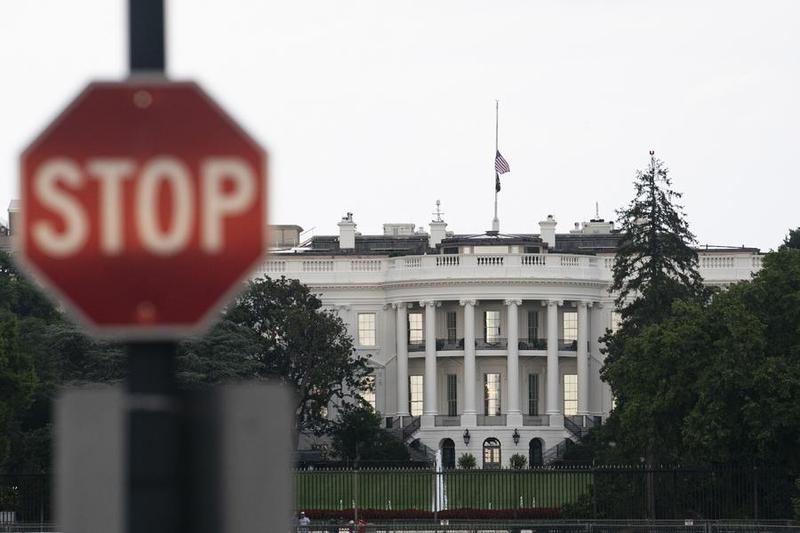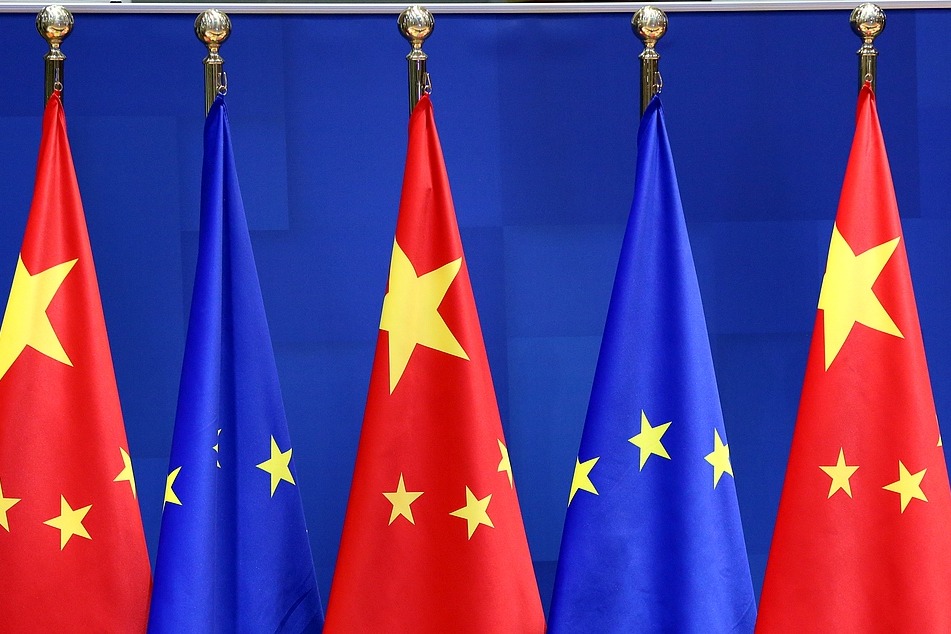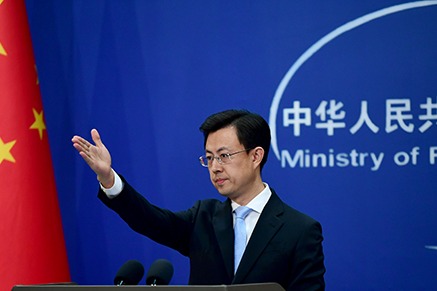White House losing touch with humanity, environment


A country should not be governed like a greedy private business, free from all restrictions, standards and human values, aiming only to achieve quick profits. The worst is when this comes at the cost of depleting natural resources, through enticement and intimidation to exploit the economic and security vulnerabilities of other countries. In doing so, they destroy the natural balance and deprive future generations of their right to a healthy environment. Climate change policies are perhaps the most striking example of this moral decline, notably in the United States.
The current level of decay in the US' climate policy is unprecedented. Although the environment and climate were not at the forefront of George W. Bush's presidency from 2001 to 2009, the US did not obstruct global negotiations. Bush was keen to maintain the US' position as an active player in the international community, while demanding burden-sharing among countries in line with his administration's concept of justice, despite refusing to admit his country's historical responsibility for emissions — thus refusing the principle of compensation for damages.
Conversely, Bush allocated large budgets for scientific research, including those related to the environment, clean energy and climate, alongside preserving academic freedoms. His policies were, nonetheless, based on combating environmental and climate degradation through technology, not by reducing emissions or changing consumption patterns, in a society that prides itself on its consumerist values.
Today, we are witnessing an unprecedented scene in the US: the politicization of scientific research and the repression of researchers and universities. This is not limited to the imprisonment, and even deportation, of anyone the current US administration considers to be opposed to its policies, but extends to cutting off research budgets for universities that refuse to surrender to political guidelines. In the areas of renewable energy, climate change and the environment in general, the US administration has withdrawn hundreds of billions of dollars from programs designed to support research and boost the transition to clean energy.
The cuts cover many other areas, including medical research, humanities and international law. This has already accelerated a serious brain drain, with thousands of students and researchers looking for opportunities outside the US.
Among the most bizarre measures, the National Oceanic and Atmospheric Administration announced it would stop tracking the costs of climate crisis-fueled disasters, including floods, heat waves and wildfires, thus halting updates to its weather database — as if burying the numbers makes the problem go away.
In April, the White House signed an executive order allowing commercial deep-sea mining, within the US and in international waters, regardless of the ensuing environmental impact on a fragile ecosystem. This unprecedented act, which has been considered a blunt violation of international laws, was preceded by eliminating restrictions on oil, gas and coal exploration in protected areas.
Under another executive order, the US administration repealed household water efficiency requirements, which restrict the amount of water allowed in shower heads, faucets, dishwashers, toilets and washing machines. Ironically, on the day this "water order" was signed, around 2 billion people in the world lacked access to clean water, and nearly 4 billion lacked minimum sanitation, according to the United Nations. In another executive order, the administration canceled $8 billion in clean energy programs.
Stopping research funding and hiding figures on climate change and environmental degradation will not alter the reality or halt deterioration. Any easing of climate action today will have to be compensated in the future with stronger, painful measures. A presidency is a passing event, while climate change is an established reality. As happened during Donald Trump's first term, the US retreat will invite other countries to fill the gap, particularly in the fields of renewable energy and efficiency. The US will discover, albeit too late, that it sacrificed its competitiveness for short-term gains.
Let's not forget that China's rapid rise in renewable energy and its global leadership in solar and wind energy are partially attributable to the former George W. Bush administration's loose climate policies. China was quick to read the writing on the wall and chose to invest in the future, and all countries should do the same. Arbitrary tariffs will not compensate for the failures caused by shortsighted policies, especially when a country loses its competitive edge.
Governments must recognize that countries and civilizations are not commodities for sale, and that bullying policies are unsustainable. Governments that care about their people's interests must develop their own capabilities and build alliances that preserve their sovereignty and rights to their natural resources.
The author is secretary-general of the Arab Forum for Environment and Development and editor-in-chief of Al-Bia Wal-Tanmia magazine.
































